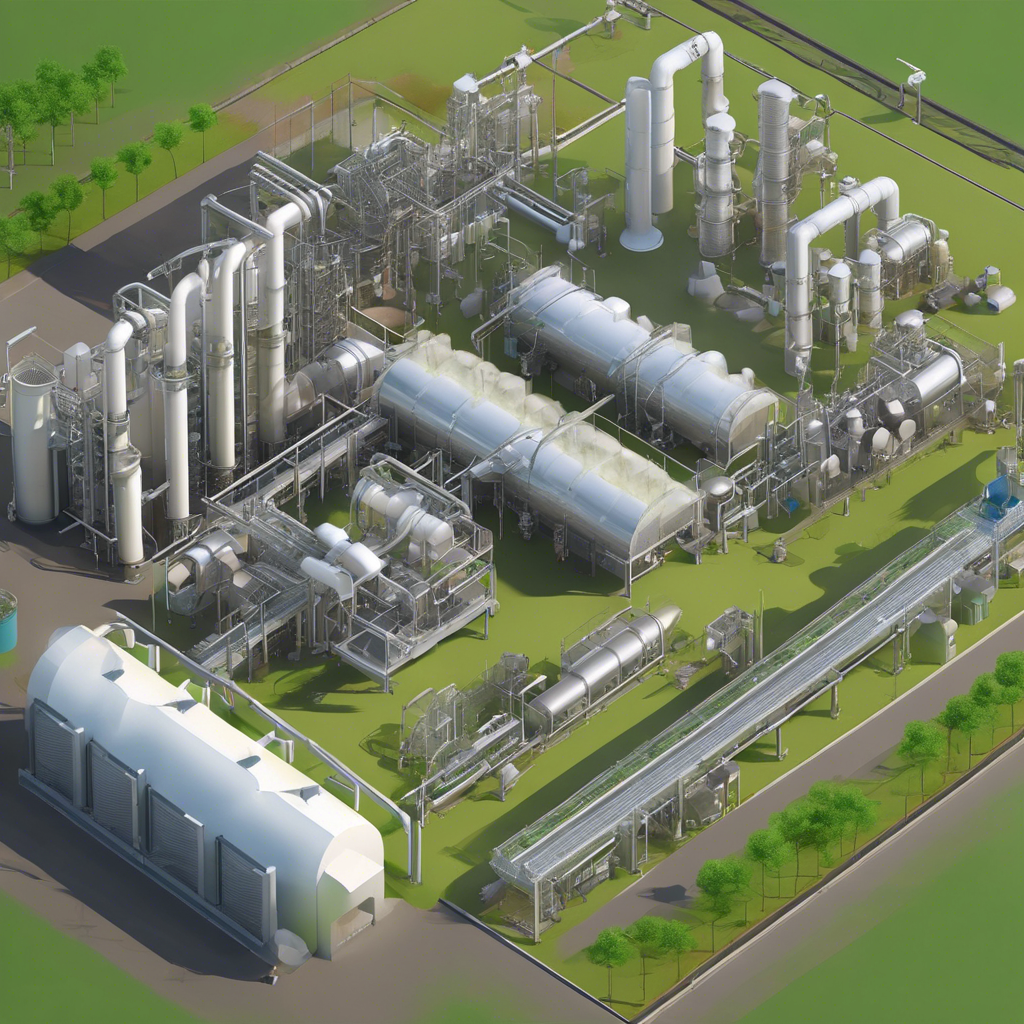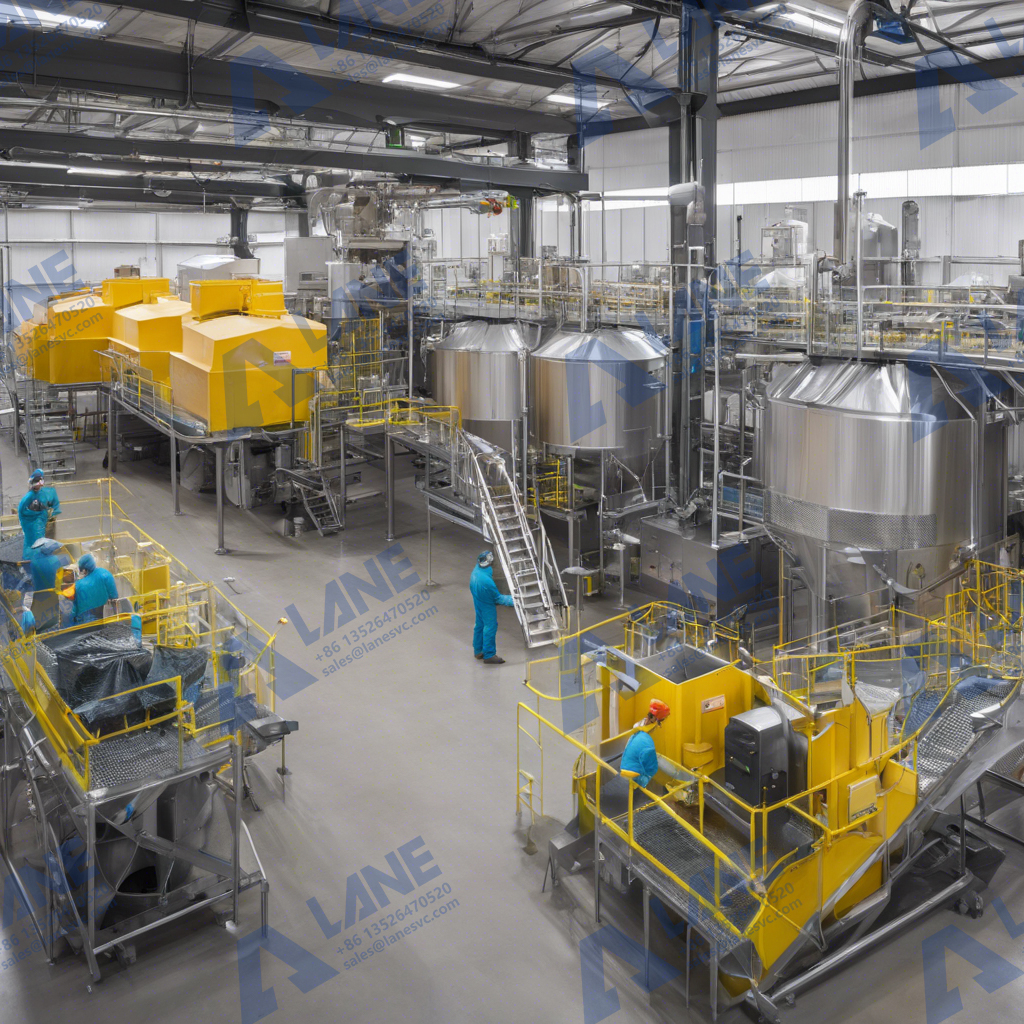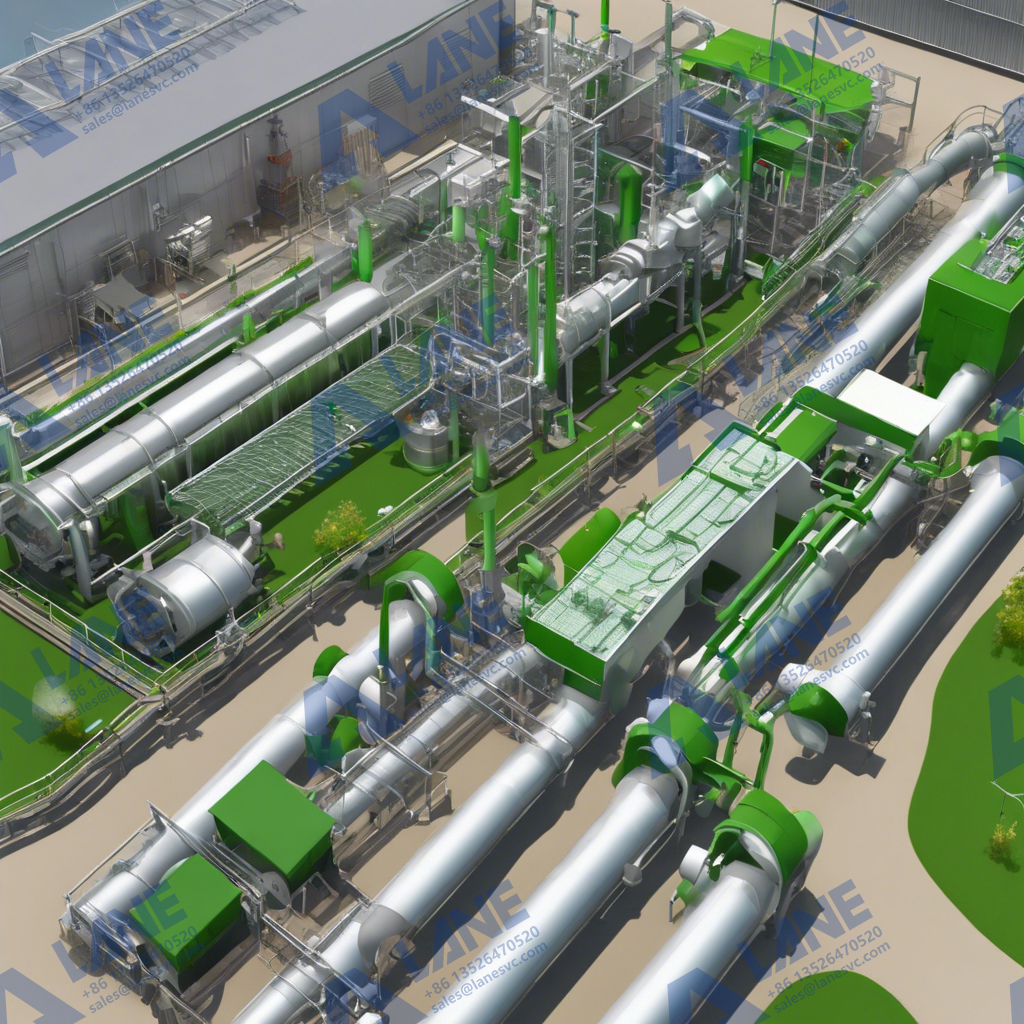author: Zero Shen
from: LANE Machinery Groups
The agricultural sector is undergoing significant transformations, driven by an increasing demand for sustainable practices and efficient production methods. Among the most notable trends are the advancements in bio fertilizer production lines and NPK (Nitrogen, Phosphorus, Potassium) fertilizer production lines. These innovations not only enhance crop yields but also contribute to environmental sustainability, aligning with global efforts to reduce the ecological footprint of agriculture.
The Rise of Bio Fertilizer Production Lines
Bio fertilizers are derived from natural sources, including plant and microbial materials, which enhance soil fertility and promote healthy plant growth. The bio fertilizer production line is a critical component in this sector, facilitating the large-scale manufacturing of these eco-friendly products.

Advantages of Bio Fertilizers
The benefits of bio fertilizers are manifold. They improve soil health, increase nutrient availability, and enhance the microbial activity of the soil. Furthermore, bio fertilizers are often less harmful to the environment compared to their chemical counterparts. The bio fertilizer production line is designed to optimize these benefits by employing advanced technologies that ensure high-quality output while minimizing waste.
Technological Innovations
Recent advancements in the bio fertilizer production line include the use of fermentation technology and bio processing techniques. These innovations enable the efficient conversion of organic materials into bio fertilizers, enhancing nutrient content and efficacy. Additionally, automated systems are increasingly being integrated into production lines, improving consistency and reducing labor costs.
NPK Fertilizer Production Lines: Meeting Global Demand
In contrast to bio fertilizers, NPK fertilizers are synthetic compounds specifically formulated to provide essential nutrients to crops. The NPK fertilizer production line is crucial for meeting the growing global demand for food, as it allows for the mass production of fertilizers that are tailored to the needs of various crops.

Importance of NPK Fertilizers
NPK fertilizers are fundamental in modern agriculture, as they directly influence crop yield and quality. The balanced combination of nitrogen, phosphorus, and potassium addresses the nutritional requirements of plants, promoting robust growth and enhancing resistance to pests and diseases. The NPK fertilizer production line is designed to ensure precise formulations, enabling farmers to achieve optimal results.
Innovations in NPK Production
Recent trends in the NPK fertilizer production line include the development of slow-release formulations and controlled-release technologies. These innovations not only improve nutrient efficiency but also reduce the risk of nutrient leaching into water bodies, thereby minimizing environmental impact. Furthermore, advancements in granulation technology have enhanced the physical properties of NPK fertilizers, improving their handling and application.
Sustainability in Fertilizer Production
As the agricultural industry moves towards more sustainable practices, both bio fertilizer and NPK production lines are evolving to meet these demands. The integration of renewable energy sources in production processes and the implementation of circular economy principles are becoming increasingly common. For instance, using organic waste in bio fertilizer production can significantly reduce waste while providing a valuable resource for farmers.

Conclusion
In conclusion, the trends in bio fertilizer production lines and NPK fertilizer production lines reflect a broader shift towards sustainability and efficiency in agriculture. As the industry continues to innovate, these production lines will play a pivotal role in meeting the nutritional needs of crops while minimizing environmental impact.
By embracing these advancements, the agricultural sector can ensure a more sustainable future, characterized by improved crop yields and healthier ecosystems. The ongoing developments in both bio fertilizer and NPK production lines will undoubtedly shape the future of agriculture, making it imperative for stakeholders to stay informed and adapt to these changes.